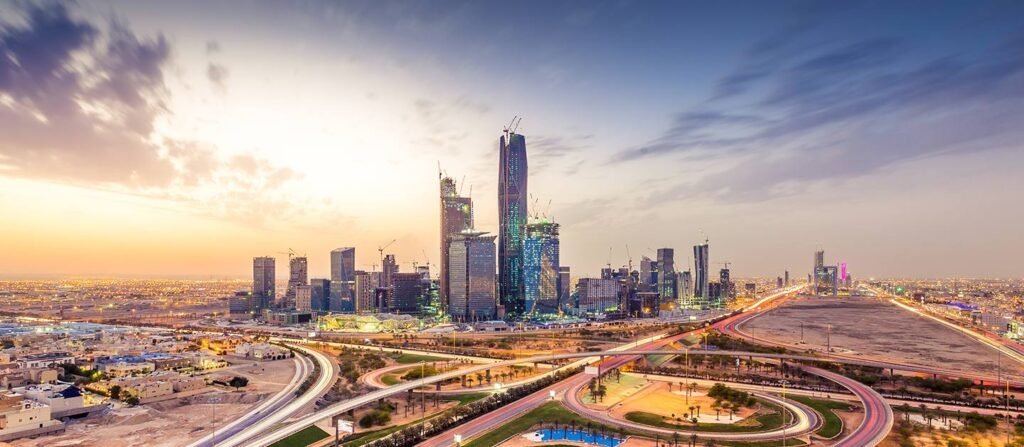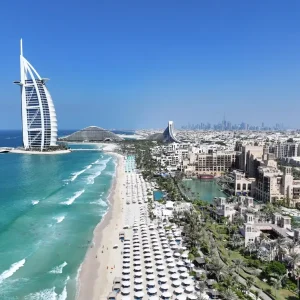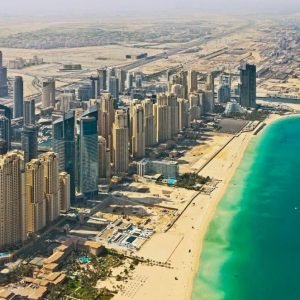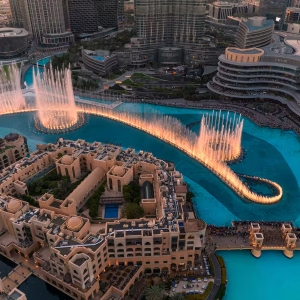Own property in Saudi Arabia is a goal once out of reach for foreigners but is now becoming more realistic. Over the past few years, Saudi Arabia has made significant legal changes to attract foreign investment and diversify its economy beyond oil. One of the major changes has been easing restrictions on real estate ownership.
Whether you’re a Saudi citizen, an expatriate working in the Kingdom, or a foreign investor interested in emerging markets, understanding how to own property in Saudi Arabia is essential. This guide explains everything you need to know — eligibility, process, costs, and legal frameworks — in simple and clear English.
Why Saudi Arabia Is Opening Its Real Estate Market
Saudi Arabia is going through a major transformation under its Vision 2030 plan. One of the key goals is to attract international business, tourism, and investment. The real estate sector plays a major role in this vision.

With mega projects like NEOM, The Red Sea Project, and Qiddiya, the Kingdom is preparing to become a hub for global investors. As a result, owning property in Saudi Arabia is now more accessible than ever before, not just for locals, but also for foreigners and companies.
Who Can Own Property in Saudi Arabia?
1. Saudi Citizens
Citizens of Saudi Arabia can freely own property anywhere in the country. There are few restrictions, and ownership rights are protected under local law.

2. Gulf Cooperation Council (GCC) Nationals
Citizens of GCC countries such as UAE, Bahrain, Kuwait, Qatar, and Oman are allowed to own property in most parts of Saudi Arabia, though some limitations may apply depending on the city or region.
3. Foreigners and Expats
Foreign individuals can own property in Saudi Arabia, but under certain conditions:
- They must obtain official permission from the government
- Ownership is usually limited to specific zones or cities like Riyadh, Jeddah, and Dammam
- Foreigners can buy property for residential purposes, and in some cases, for commercial use
- Some areas, especially Mecca and Medina, are restricted to non-Saudis
4. Foreign Companies
International firms can own property in Saudi Arabia if:
- They have a license from the Ministry of Investment (MISA)
- The property is used for business activities such as offices, hotels, or commercial projects
Legal Requirements and Regulations
To own property in Saudi Arabia, foreign individuals and companies must meet certain legal criteria. Here’s a step-by-step breakdown:
Step 1: Get an Iqama (Residency Permit)
If you are a foreigner, you need to have a valid Iqama. Without it, you cannot start the property ownership process.
Step 2: Apply for Approval
Foreigners must apply to the Ministry of Investment for permission. This includes submitting details about the purpose of the purchase, your background, and the type of property.
Step 3: Choose a Licensed Real Estate Agent
It is highly recommended to go through a registered real estate broker or law firm to avoid legal issues and language barriers.
Step 4: Sign the Contract
Once a suitable property is found and government approval is secured, a purchase agreement is signed between the buyer and seller.
Step 5: Register the Property
The buyer must register the property with the Saudi Real Estate Registration Authority. This process makes the ownership official and legal.
Can Foreigners Buy Land in Saudi Arabia?
Yes, but with restrictions.
Foreign individuals or companies can buy land only if:
- They have a special investment license
- The land is used for a specific project or business purpose
- It is not located in restricted areas, such as Mecca and Medina
For residential purposes, it is more common for foreigners to buy ready-to-live apartments or villas rather than empty plots.
Best Cities to Own Property in Saudi Arabia
Here are the most foreign-friendly cities for real estate ownership:
Riyadh
Capital of Saudi Arabia
High demand for luxury apartments and villas
Great for business professionals and families
Jeddah
Located on the Red Sea coast
More liberal and diverse
Popular among expats and investors
Dammam and Al Khobar
Close to oil industries and business centers
Known for peaceful neighborhoods and modern infrastructure
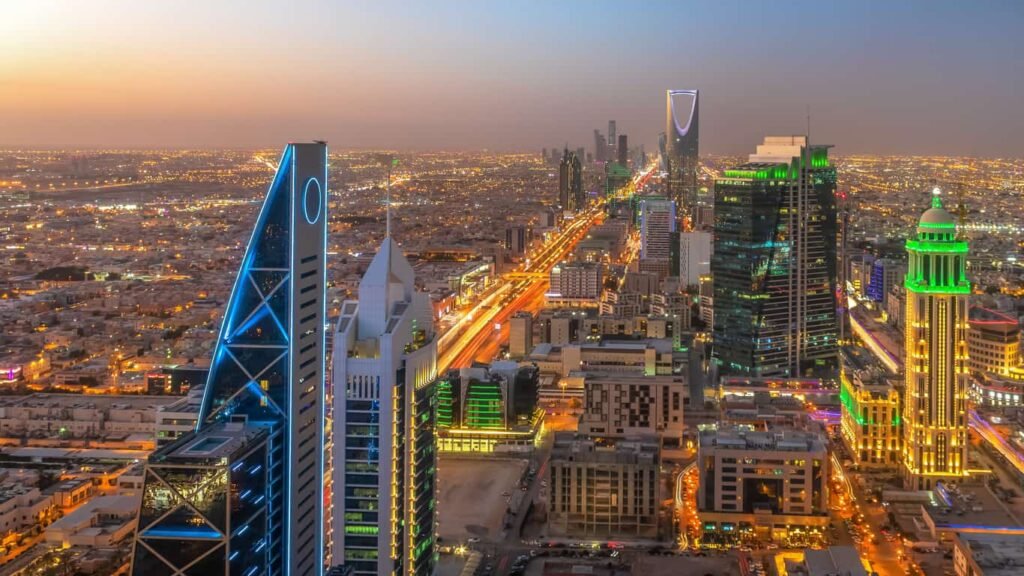
Property Types Available
You can own different types of real estate in Saudi Arabia, depending on your status and investment goals:
- Residential apartments
- Villas
- Commercial offices
- Hotels
- Retail shops
- Land for development (for licensed investors only)
Costs and Fees Involved
Owning property in Saudi Arabia involves several costs:
| Cost Type | Average Rate |
|---|---|
| Property Price | Depends on location and size |
| Government Registration Fee | 5% of the property value |
| Brokerage Fee | 2% to 3% of the property value |
| Legal Fees | SAR 3,000 – SAR 7,000 |
| Maintenance/Service Fees | For apartments or gated communities |
Note: As of recent reforms, Saudi Arabia has removed the 15% VAT on real estate deals and introduced a 5% Real Estate Transaction Tax (RETT) instead, which is more favorable to buyers.
Can You Get a Mortgage in Saudi Arabia?
Yes, but with conditions.
For Saudi Citizens
Mortgages are widely available
Government programs offer support, especially for first-time buyers
For Expats
Some banks offer mortgage loans to expats with valid Iqama
Down payments are usually higher (30%-40%)
Interest rates may vary based on income and job stability
Banks like Al Rajhi, Riyad Bank, and SABB have specialized expat loan programs.
Risks and Considerations
Restrictions on Resale
Foreigners may face restrictions when selling property, especially if it was bought under a special investment license.
Changes in Laws
Saudi property laws can change. Always keep updated and work with a legal advisor.
Limited Financing Options
While loans are available, expats may find it harder to get favorable terms.
Tips for Buying Property in Saudi Arabia
- Hire a reputable legal advisor, especially if you’re unfamiliar with Saudi laws
- Check zoning regulations, as not all areas are open to foreign ownership
- Use licensed agents to avoid scams and get expert advice
- Inspect the property thoroughly before finalizing the deal
- Review all contract terms, and ensure proper translation if needed
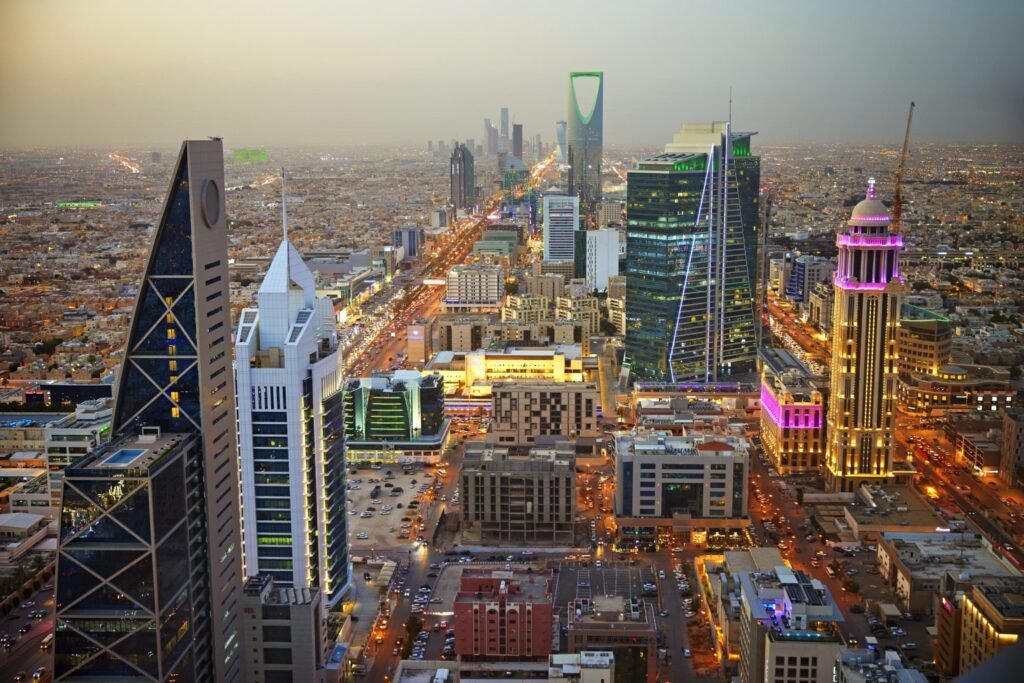
Future of Property Ownership for Foreigners
Saudi Arabia is clearly becoming more open to international property ownership. With Vision 2030, we can expect more laws to favor:
- Foreign retirees
- Digital nomads
- International businesses
- Property investors
The launch of e-platforms like Sakani and Najiz is already helping to streamline buying and registering property.
Conclusion
Knowing how to own property in Saudi Arabia is becoming increasingly important as the Kingdom modernizes its economy. Whether you’re a local, an expat looking to settle, or an investor aiming for long-term gains, Saudi Arabia’s real estate market is worth exploring.
Thanks to reforms, legal clarity, and growing cities, owning a piece of this growing nation is no longer a far-fetched dream. Just follow the rules, stay informed, and work with the right professionals and you’ll be on the right path to property ownership in Saudi Arabia.
Do follow UAE Stories on Instagram
Read More: De Ridder vs Whittaker UFC Abu Dhabi: Shocking Split Decision Win

